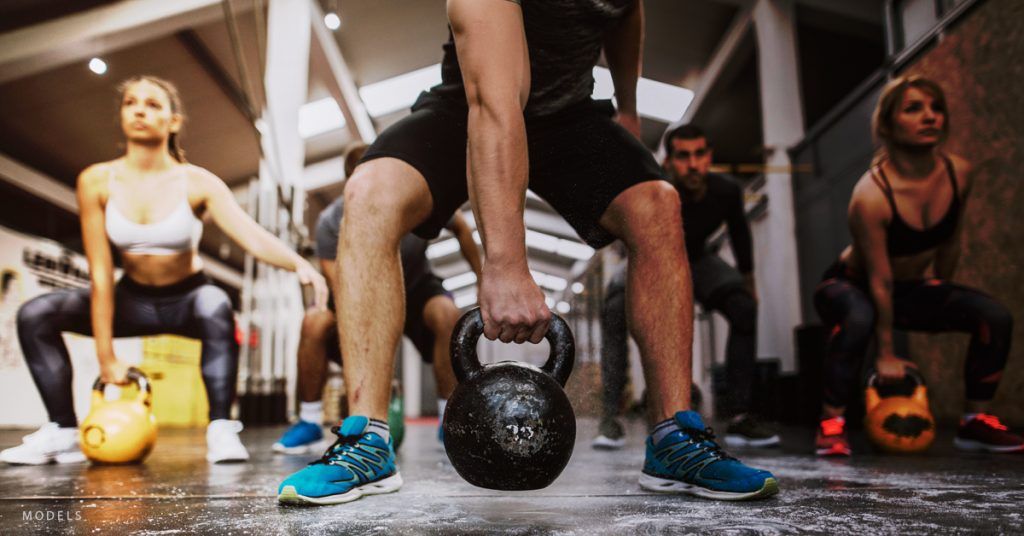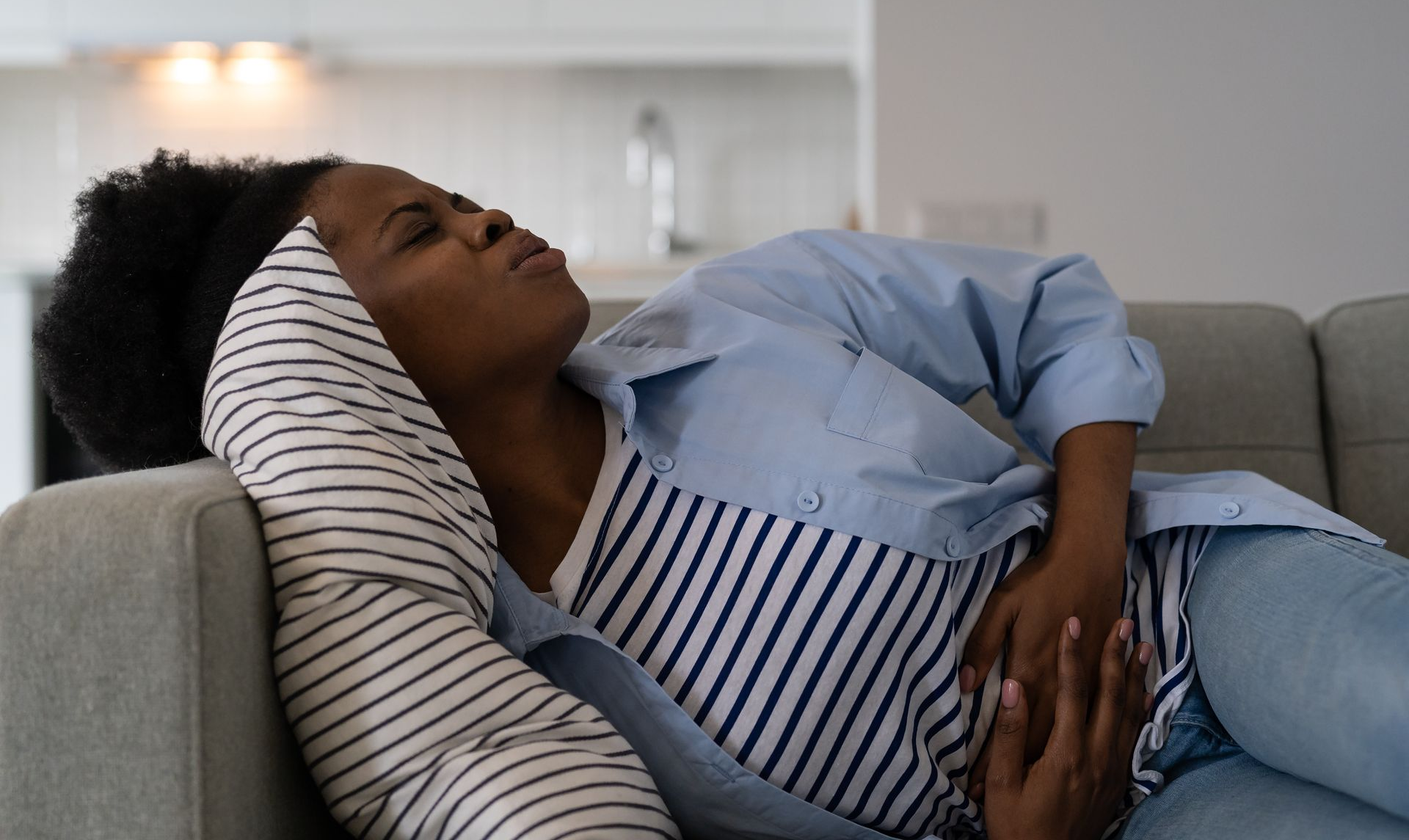Can I Gain Muscle and Lose Weight With HRT?

Many of the men considering hormone replacement therapy at our clinics in Shreveport, Baton Rouge, Metairie, and Slidell are concerned about the loss of muscle tone and the causes of weight gain. In men, these age-related changes commonly occur during “male menopause”—called andropause—and are linked to low testosterone levels. Simply put, these patients want to know if hormone replacement therapy is the best way to help them gain muscle and lose weight.
To be sure, menopausal women also encounter similar issues—specifically struggling with weight gain as their estrogen levels fall during menopause—and restoring hormonal balance can help boost muscle mass and reduce weight. But those are typically the primary symptoms that prompt women to inquire about HRT.
Our male patients, though, are often primarily concerned with age-related performance deficits linked to the loss of muscle mass and carrying a heavier frame. Andropause is associated with many other symptoms, of course, such as loss of libido, mood swings, and sleeplessness. In this blog post, however, we’ll focus on how hormone replacement therapy is related to muscle tone and weight loss.
What Is Low T?
Low testosterone levels are associated with increased body fat in men, especially in the midsection, and decreased muscle mass in men. Even though the cause and effect between low T and increased body fat aren’t clear, body fat appears to create hormonal imbalances by converting testosterone into estrogen. Male weight gain coupled with muscle loss means more weight to carry and less muscle to carry it. This, in turn, often results in fatigue and reduced energy levels.
Beyond that, increased belly fat is linked to a higher risk of heart disease in both men and women.
How Does Hormone Replacement Therapy Increase Muscle Mass?
Men don’t notice lower testosterone levels the same way women experience diminished estrogen, which can occur quite rapidly. Low T develops more gradually, especially after men turn 50, and they begin noticing a drop-off in physical performance and strength.
Hormone replacement therapy, combined with regular exercise and a healthy diet, plays a significant role in building muscle mass. That’s because testosterone is one of the primary hormones associated with creating muscle, and age-related testosterone loss is common. And because testosterone helps support muscle mass, bone density, fat burning, and overall energy, boosting the testosterone level can also help reduce weight.
A Holistic Approach
As you can see, simply increasing testosterone levels alone isn’t the answer for men who want to regain strength, build muscle, and lose weight. Our team at Rejuvime Medical talks with patients about proper nutrition and physical training programs.
If you want to build muscle mass and improve your strength and athletic performance, a hormone therapy doctor can help. In the Baton Rouge area, contact us using the online form to request a consultation at Rejuvime Medical or call (225) 960-1580 to schedule an appointment at one of our 3 locations.
The post Can I Gain Muscle and Lose Weight With HRT? first appeared on Rejuvime Medical.
Get in Touch
Questions? Contact us today by phone or book an appointment online.
Questions? Call our office:
(225) 228-3128





